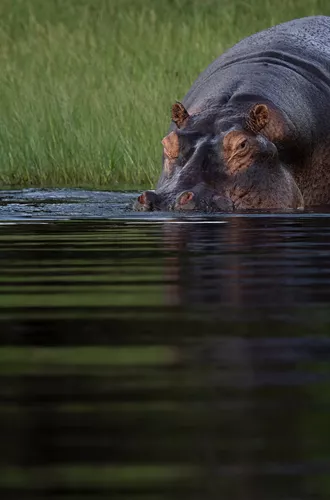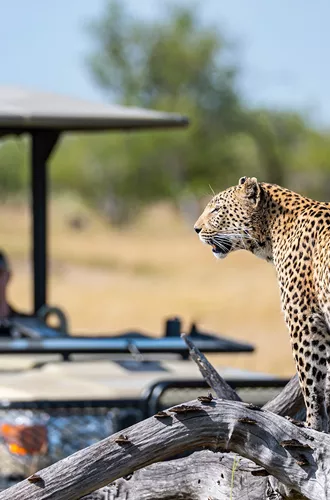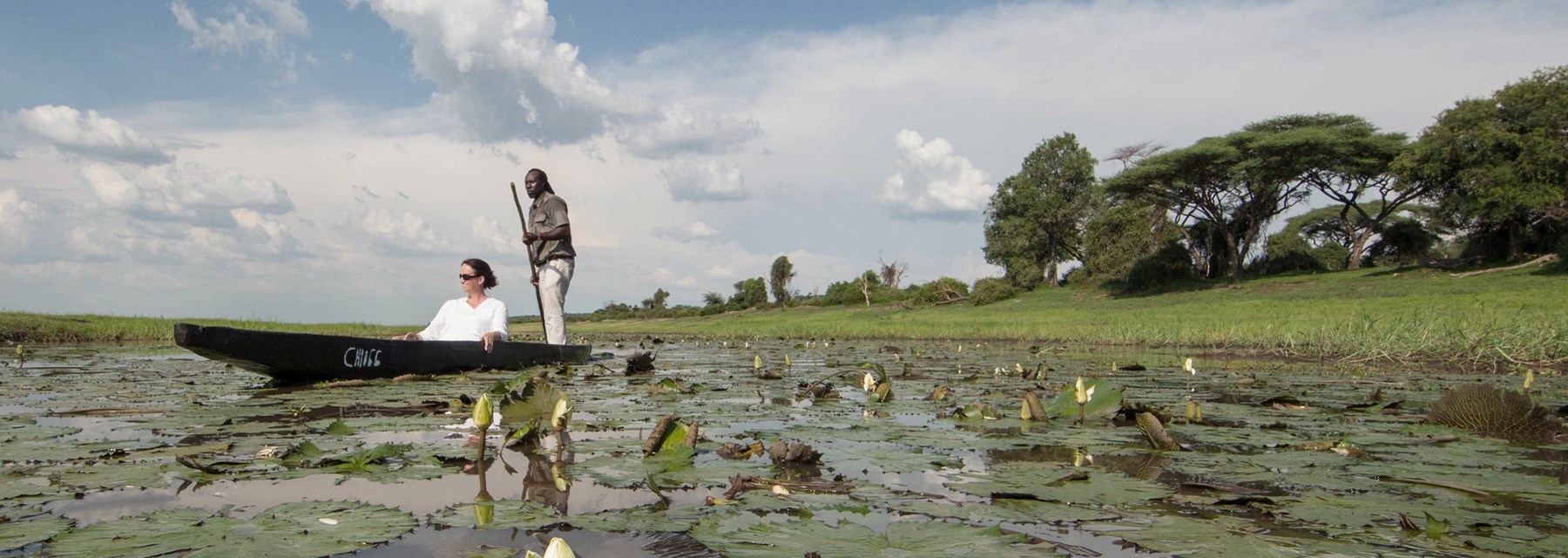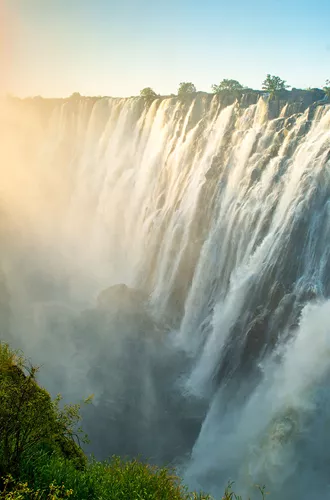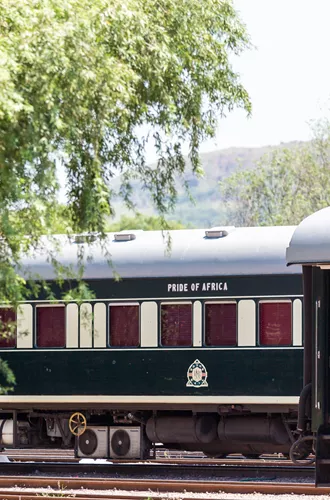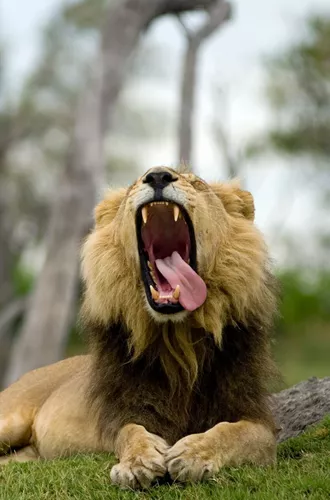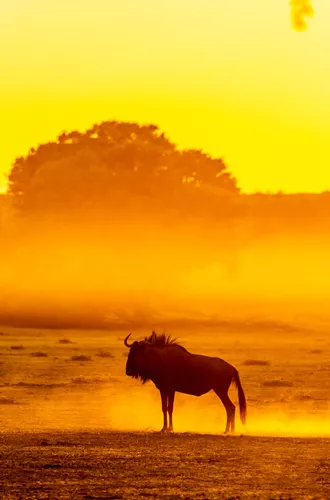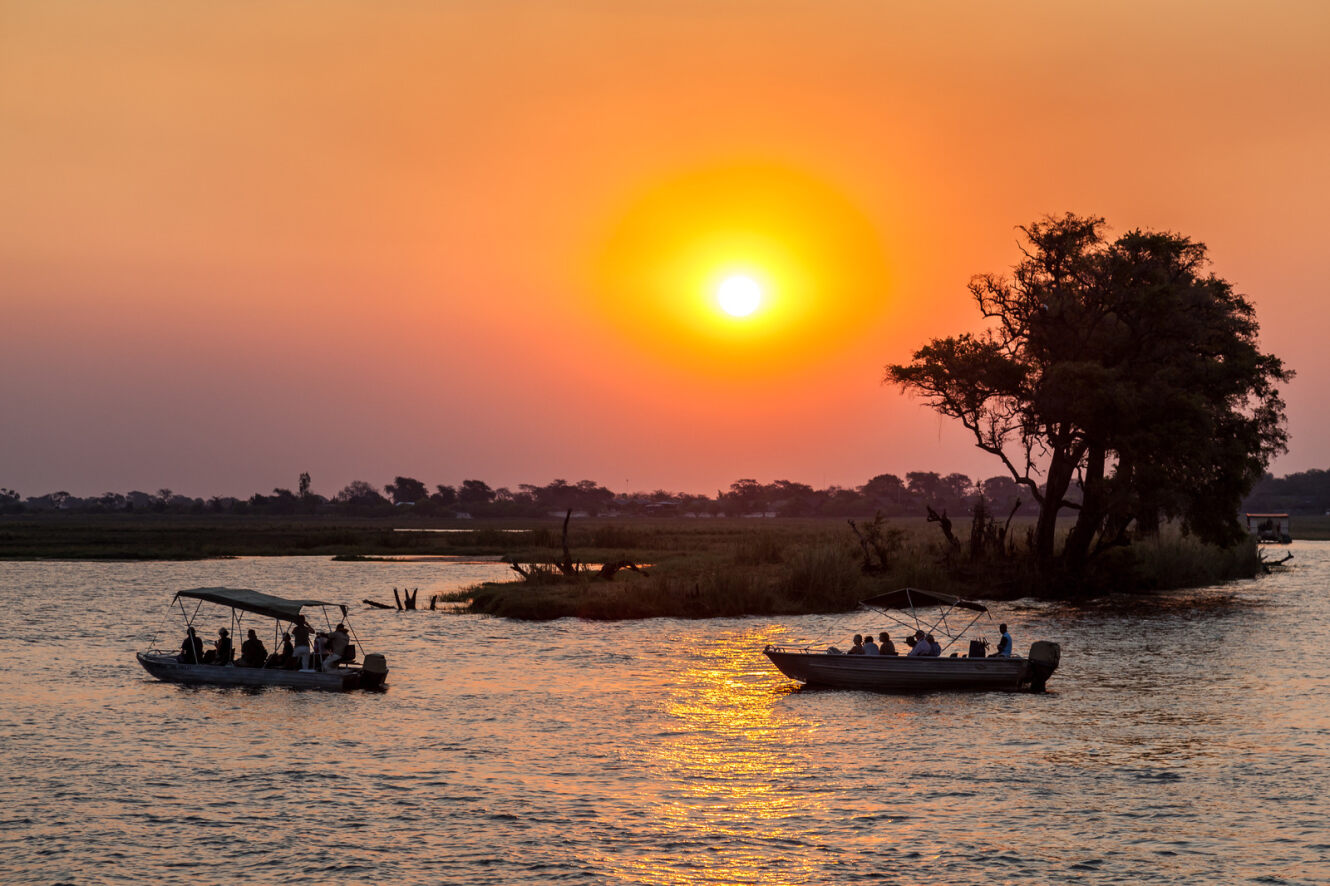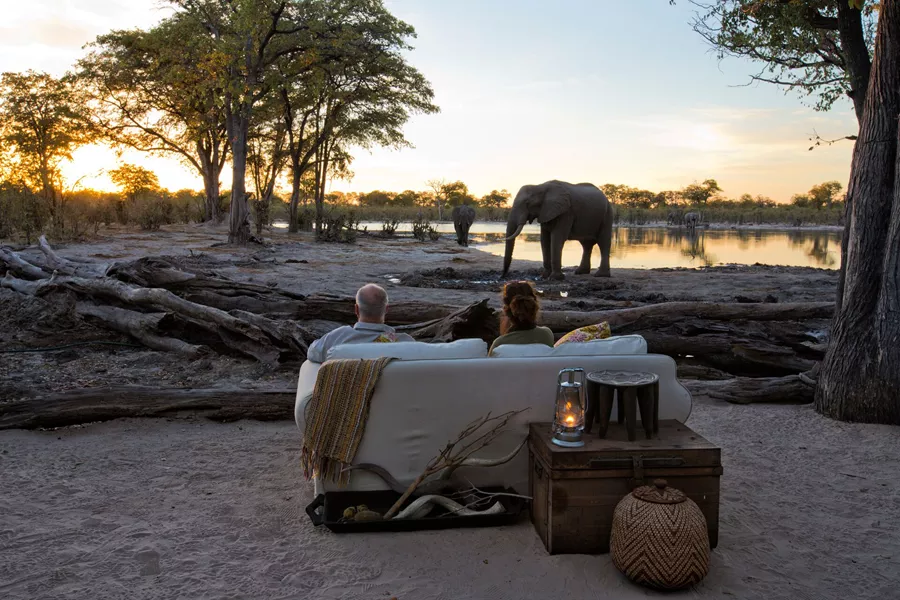Country Code for Botswana: +267
Official Travel advice visit:
Botswana Travel Advice & Safety | Smartraveller (Australia)
Botswana | SafeTravel NZ (New Zealand)
Ambulance: 997 Fire: 998 Police: 999
Australian Consulate, Gaborone
Plot 16C1, Mmokolodi 1, Gaborone, Botswana Mobile: +267 776 00002
WhatsApp: +267 76909454
Email: australia.consulate.botswana@gmail.com
Australian High Commission, Pretoria
292 Orient Street, Arcadia, Pretoria, South Africa Phone: +27 12 423 6000
Email pretoria.info@dfat.gov.au
New Zealand High Commission Pretoria, South Africa
125 Middel Street, Nieuw Muckleneuk, 0181 Pretoria, South Africa
Telephone: +27 12 435 9000
Email: enquiries@nzhc.co.za


